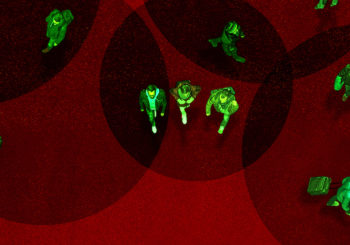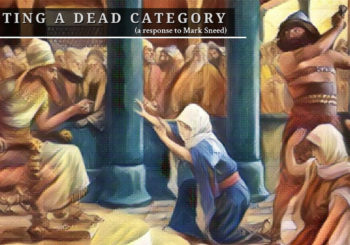Biblical Knowing
How It Connects with Hebraic Thought

This work seeks to trace Hebraic thought about the nature of knowledge, how it is developed, and its ethical components. This work is unique in that the author compares the biblical discourse on knowledge with contemporary analytic philosophical approaches to epistemology. Even in explicitly Christian versions of analytic epistemology (e.g., Alvin Plantinga’s Reformed Epistemology), Johnson finds agreement and significant divergence from what the biblical authors seem to esteem in knowledge.
“Dru Johnson’s Biblical Knowing is a superb introduction to the latest currents in scholarship seeking to elucidate the philosophical content of Scripture. Johnson focuses on biblical approaches to human knowledge, arguing that Scripture shies away from propositional affirmations in favor of phenomenal experience as constitutive of knowledge. In doing so he defends rigor and clarity as biblical values, but boldly insists that these can be no less present in biblical stories about gaining knowledge than in the discursive arguments of later traditions. This is an excellent work that deserves careful attention, opening up new horizons in both philosophy and biblical studies.”
— Yoram Hazony, author of The Philosophy of Hebrew Scripture
“Biblical Knowing makes a significant contribution to a fresh opening up of the relationship between Scripture and philosophy. This is no easy task, requiring the author to navigate philosophy, biblical studies, and theology. Dru does this masterfully. The result is a lucid, accessible text, and yet one that makes an original contribution. It is the sort of book that I have been waiting for when teaching epistemology and I suspect that many professors will have the same experience.”
— H. Evan Runner, Professor of Philosophy at Redeemer University College
Description
With major themes like “the knowledge of good and evil,” “knowing that YHWH is your God,” knowing that Jesus is the Christ, and the goal of developing Israel into a “wise and discerning people,” Scripture clearly stresses human knowledge and the consequences of error. We too long for confidence in our understanding, the assurance that our most basic knowledge is not ultimately incorrect.
Biblical Knowing assesses what Israel knew, but more importantly, how she was meant to know–introducing a comprehensive Scriptural epistemology, firmly rooted in the Scripture’s own presentation of important epistemological events in the story of Israel. Because modern philosophy has also made authoritative claims about knowledge, Biblical Knowing engages contemporary academic views of knowledge (e.g., Reformed Epistemology, scientific epistemology, Virtue Epistemology, etc.) and recent philosophical method (e.g., Analytic Theology), assessing them for points of fittedness with or departure from Scripture’s own epistemology.
Additionally, Biblical Knowing explores what proper knowing looks like in the task of theology itself, in the teaching and preaching of the church, and in the context of counseling.





